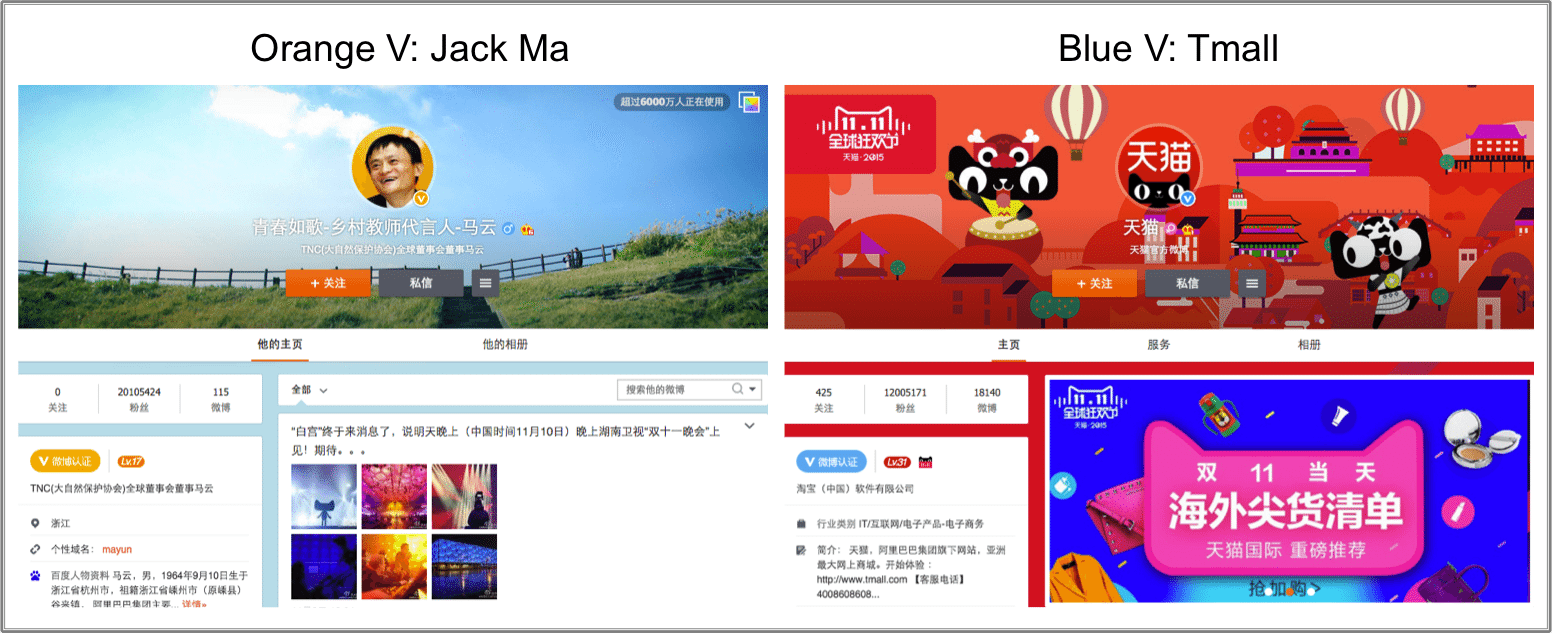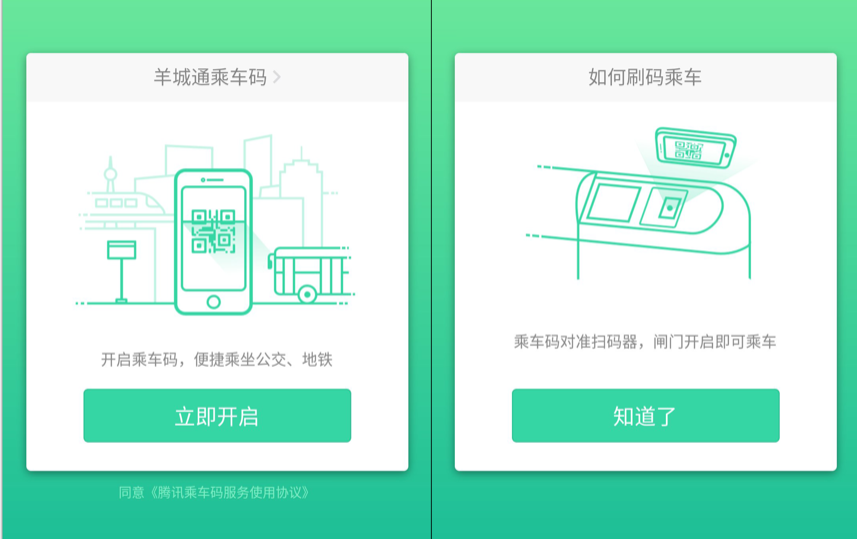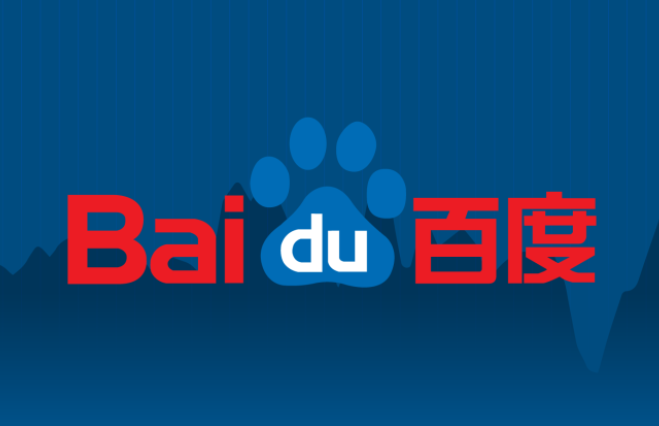The prices for luxury goods and products as baby formula, vitamins and skincare products are on average 30 to 40 percent higher in China than abroad. To allow people in mainland China to avoid these high prices, a new channel of ecommerce emerged named ‘daigou’. The term daigou refers to people who purchase highly sought after products in for example Australia, and sell these via social media apps like WeChat to customers in mainland China. A highly profitable business it appears, as some daigou make upwards of $100,000 a year. Daigou retailer AuMark has discovered an opportunity in facilitating these daigou, by opening a one-stop shop where daigou can purchase, pack and send the sought after products to their customers. AuMake chairman Keong Chan explains the reasons for their success and their vision for the future.
Market updates
The crazy world of Weibo verification
Chinese social media is – unfortunately – full of fake accounts, fake news and online scams, making it difficult for users to see what’s real and what is not. To combat this problem, Weibo has created a great number of options to verify your account, proving to your users that you’re ‘the real thing’. Once your profile is verified, a ‘V’ appears on your profile making it quite easy for your followers to recognize that your account has been verified. However, there are multiple types of ‘V’s (such as Orange V, Blue V, Red V..) and multiple ways to earn them. As this makes it somewhat difficult to understand the process and the actual meaning of verification, KAWO has created a verification manual that will guide you through it.
You can now use WeChat to take the subway
One app to rule them all: WeChat has – over the course of six years – evolved into a platform offering everything from instant messaging, blogging, and networking to peer-to-peer payments, taxi hailing, and selling products and services. And with the launch of WeChat Mini Programs earlier this year (applications within WeChat that don’t require a download), WeChat has opened a whole new range of possibilities. An innovation that led , among many others, to the ‘Tencent Ride Code’: a WeChat Mini Program that allows Chinese citizens to take the subway using their WeChat instead of a ticket.
Western brands cultivate Thanksgiving culture in China through marketing campaigns
After witnessing the increasing presence of Christmas, Valentine’s Day, and Halloween in Chinese society and the growth of sales associated with those festivals, we cannot help but ask ourselves which western holiday will be next? According to Coach this will be Thanksgiving, as they launched their first Thanksgiving campaign to Chinese consumers on November 16 this year. Although Thanksgiving is largely an American affair, the examples of Christmas and Valentine’s Day tell us that Chinese consumers tend to be very open-minded when it comes to engaging with foreign holidays. One of the key factors contributing to this phenomenon appears to be the fact that Chinese youngsters tend to view Western holidays as “trendy”. Considering this, it should not be hard for brands to figure out how to effectively introduce Thanksgiving to Chinese consumers.
Cross-border ecommerce spending in China to top the $100 billion treshold in 2018
Mainly because of their greater awareness of overseas brands in China and the perception that foreign goods are of better quality, China’s growing middle class is helping to increase cross-border ecommerce sales to $100.17 billion by the end of 2017. This, and the fact that Tmall Global, JD Worldwide and Kaola are adding more brands to their offerings and improving cross-border logistics and processing times, offers an opportunity for foreign brands to tap into this demand for high-quality foreign products.
Be data-smart: how to avoid fake KOLs
Paying key opinion leaders to promote a brand or product is a common – and very effective – marketing strategy in China. But, as Chinese social media is full of fake accounts with fake followers and fake comments, choosing a real and suitable influencer for your brand is challenging. To combat this problem, JingDaily has listed some advice on how to collect the right data to screen out fake KOLs.
What sensitive keywords on WeChat could mean for brands
As WeChat is increasingly used by multi-national companies for both national and international communication, WeChat has also become the latest digital space to be monitored by the Chinese government. Operating a chat application in China requires following laws and regulations on content control and monitoring, and with WeChat it works as follows. When you send a message via WeChat, it passes through a remote server than contains rules about certain topics. If your message includes a keyword that has been targeted for blocking, the message will not be send. Whereas in the past users received a notification when their message was blocked, now the message simply disappears without a trace. As this censorship can severely curtail a company’s (internal) communication, brands need to be aware of the implications and take extra care in formulating messages and advertisements.
Single’s Day chasing more growth
The day before 11.11 Singles’ Day, we cannot avoid wondering about what this year’s biggest ecommerce festival is going to bring. As customers – including us – are conditioned to expect more glitz and light with each subsequent promotion, Alibaba has to deliver an ever-more engaging experience. The same applies to brands – with 140.000 brands promoting 15 million products during the festival, it’s not just a case of throwing up a promotion on Tmall and expecting the masses to buy. Smart marketing tactics are – much like the rest of the year – rather necessary!
Virtual Reality in China: unlimited possibilities for luxury brands
Virtual Reality is the perfect tool for brands wanting to establish a new position in their audience’s mind. As users are fully immersed and not distracted by external stimuli, messages are efficiently conveyed and better memorized. VR is known for helping boost sales conversion rates, especially when used on a Chinese audience. “In fact, 49 percent of the Chinese respondents to a survey from Worldpay said that the products or shopping advice shown in a virtual environment stimulated their impulse to buy products.”
How to improve your website SEO for Baidu
As Google is largely inaccessible in mainland China, ranking high on Google is not going to put your products and services in front of 800 million Chinese netizens. In order to get the attention of the Chinese middle class, Western companies need to rank high on China’s home grown search engine Baidu as well. But be aware, the differences between these search engines are significant and a site that ranks high on Google might not rank at all on Baidu. So, how do you improve your website SEO for Baidu?










